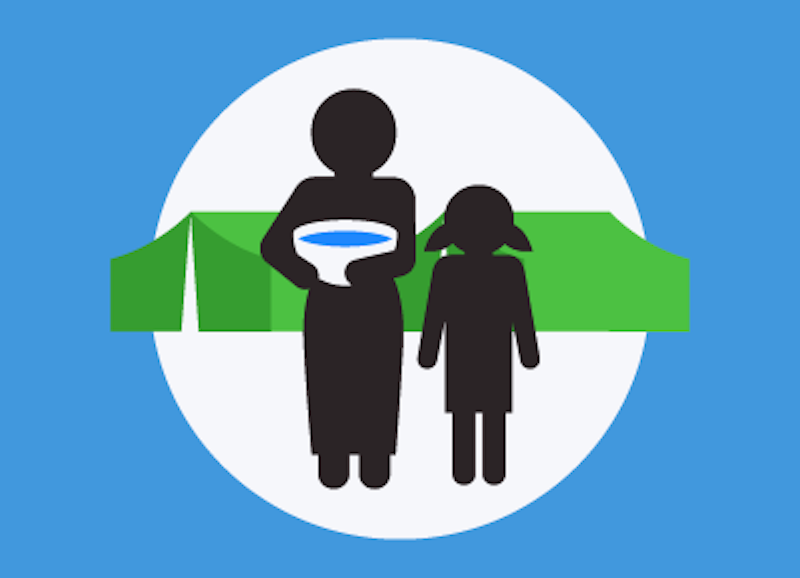One year ago, U.N. Secretary-General António Guterres called for the cessation of violence both on battlefields and in homes amidst global COVID-19 lockdowns. Yet, despite countless organizations supporting and promoting the Secretary-General’s plea, the U.N., and its partners continue to report acts of rape, sexual slavery, forced sterilization, and other forms of sexual violence in countries affected by conflict. Moreover, as conflict-related sexual violence remains unabated during the COVID-19 pandemic, the impact of the virus has also had substantial and detrimental effects on survivors.
In his latest message for the International Day for the Elimination of Sexual Violence in Conflict, observed on June 19th, Guterres underscored that turmoil caused by the COVID-19 pandemic has engendered new obstacles for survivors to report crimes and access support services. As a result, it has also made it “even more difficult to hold perpetrators of sexual violence to account.”
The chronic underreporting of conflict-related sexual violence has been significantly exacerbated by COVID-19 containment measures. Prior to the pandemic, many survivors of conflict-related sexual violence have been prevented from coming forward due to a myriad of factors such as cultural stigma, insecurity, fear of reprisals, and limited access to support services. According to the U.N., an estimated 10 to 20 cases go undocumented for each rape reported in connection with a conflict.
Now, conflict-related sexual violence has been further obscured by the imposition of lockdowns, quarantines, curfews, and other restrictions on movement. This has not only hindered the possibility for survivors to report sexual violence, but also further compounded the existing structural, systemic, and sociocultural barriers to seeking redress for such crimes.
Likewise, due to the pandemic, many shelters and safe spaces for sexual and gender-based violence survivors have been closed, mobile clinics and counseling services have been canceled or repurposed for COVID-19 response, and already-scarce resources have been diverted. As a result, the vast majority of survivors now have even less access to essential support services, including availability to immediate life-saving assistance and multisectoral care.
Due to these increased obstacles, survivors who seek redress and justice through the rule of law have fewer opportunities to do so. Furthermore, COVID-19 containment measures have also caused court and legal aid services to close or reduce operations, triggering immense delays in criminal proceedings as well as immunity for perpetrators. The lack of prosecution and alternative accountability measures for conflict-related sexual violence has increased the potential for recurrences, further impeding the prevention and elimination of these horrific crimes.
“Sexual violence in conflict is a cruel tactic of war, torture, terror, and repression. It reverberates down generations and threatens both human and international security…We cannot allow this already underreported crime to slip further into the shadows. Perpetrators must be punished,” Guterres asserted in his recent statement.
Following the International Day for the Elimination of Sexual Violence in Conflict, the U.N., Member States, and partners must reaffirm their commitment to end conflict-related sexual violence. In doing so, the international community must prioritize sustainable and inclusive response measures that support survivors as they face unprecedented barriers to protection and recovery. To achieve peace in a post-pandemic world, the security of all conflict-related sexual violence survivors must be ensured.
- The Impact Of COVID-19 On Survivors Of Sexual Violence In Conflict - July 4, 2021
- Germany Recognizes Colonial-Era Crimes As Genocide - June 15, 2021
- U.S. Sanctions Guatemalan Officials in Corruption Crackdown - May 6, 2021


